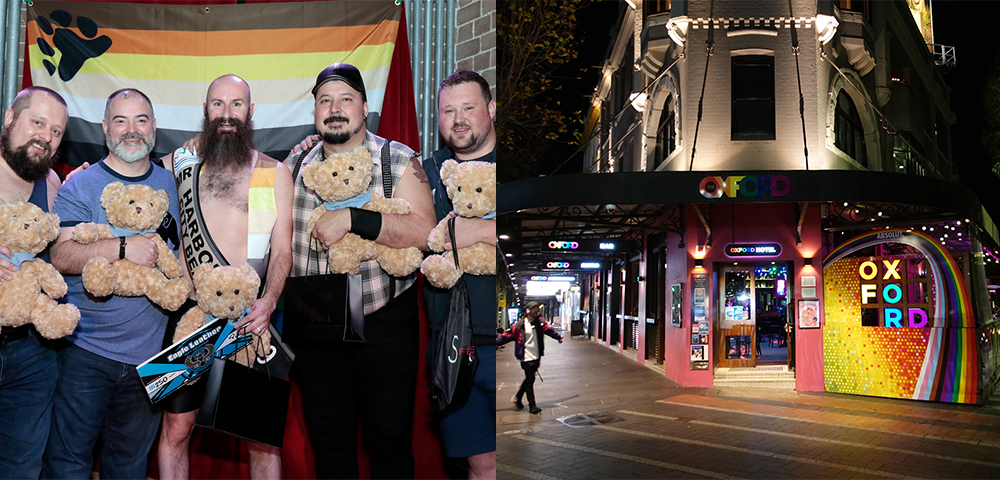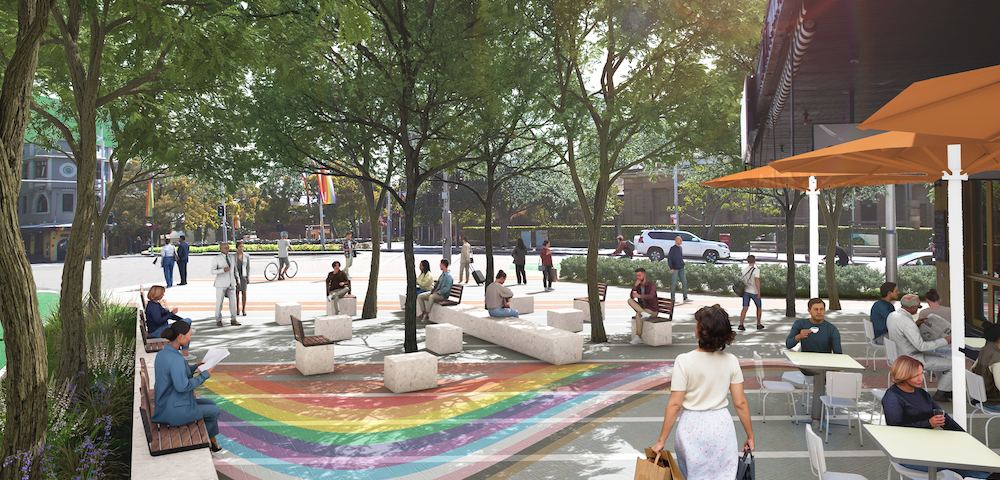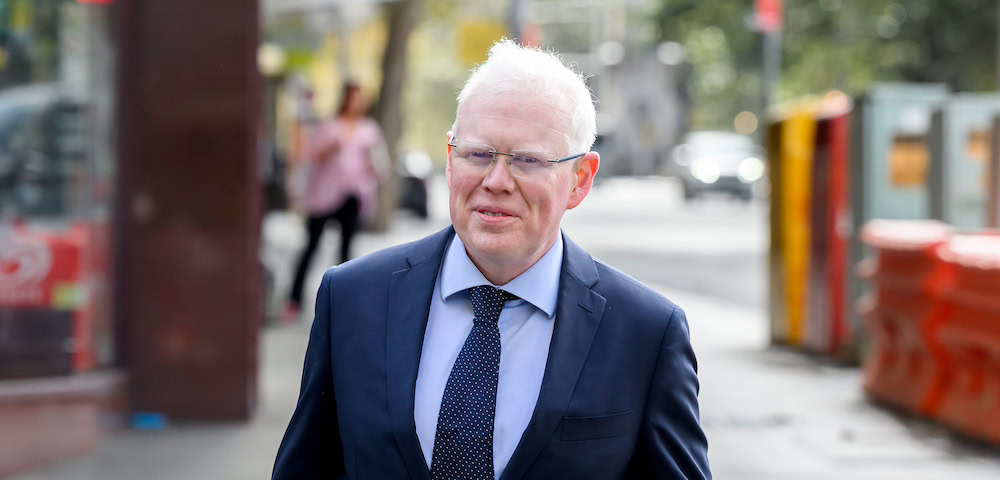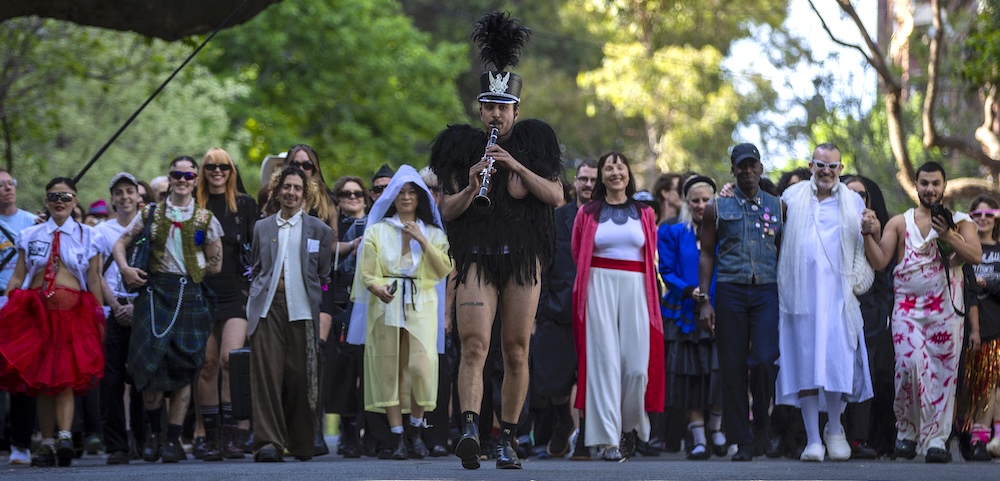
Migration looking better
Reform of Australia’s migration laws to recognise same-sex relationships in the same way as heterosexual couples are recognised has been a long struggle and is not complete yet. But recent changes have moved a non-discriminatory approach to migration a little closer.
For many years, it has been possible for Australian citizens or permanent residents to sponsor their non-Australian same-sex partner to live in Australia, on the basis of an “interdependent” relationship of at least one year. The migration regulations about interdependent partner visas are essentially the same for same-sex couples as they are for de facto (spouse) couples.
However, same-sex couples should be aware that different visas apply to married (opposite sex) couples. Whilst having to show the same proof of their relationship, married heterosexual couples do not have to meet the minimum one-year relationship requirement. Any same-sex couple considered married under the laws of another country is not able to apply for spouse visas but must still apply for an interdependent partner visa.
The most significant area of discrimination that remained was for persons hoping to live permanently, to work for a period, or to study with their same-sex partner. While visas could be granted to both partners at the same time for opposite-sex couples, this did not apply to same-sex couples. This was because heterosexual couples were, and still are, considered part of a “family unit”. Same-sex couples wanting to relocate here had to do it separately or in two stages, and sometimes could not do it at all.
Under the new rules temporary workers on sub-class 457 visas are now able to arrive with their interdependent (same-sex) partners and be together here for the life of a temporary work visa (up to four years). Further, from 1 September 2007 people who qualify for either temporary or permanent visas based on their work skills are also able to nominate and come here with their same-sex “interdependent” partner.
There remain areas of discrimination in Australia’s migration laws, for example, in the area of business migrants to which the new rules do not extend. But the long struggle in relation to migration by many gay and lesbian people and their supporters is finally attracting some attention from politicians.
See www.glitf.org.au (the Gay and Lesbian Immigration Task Force).









